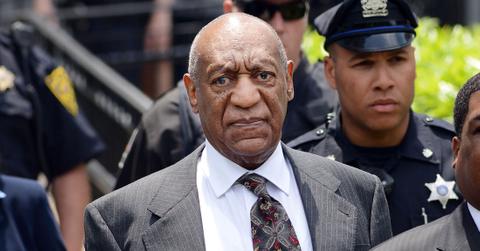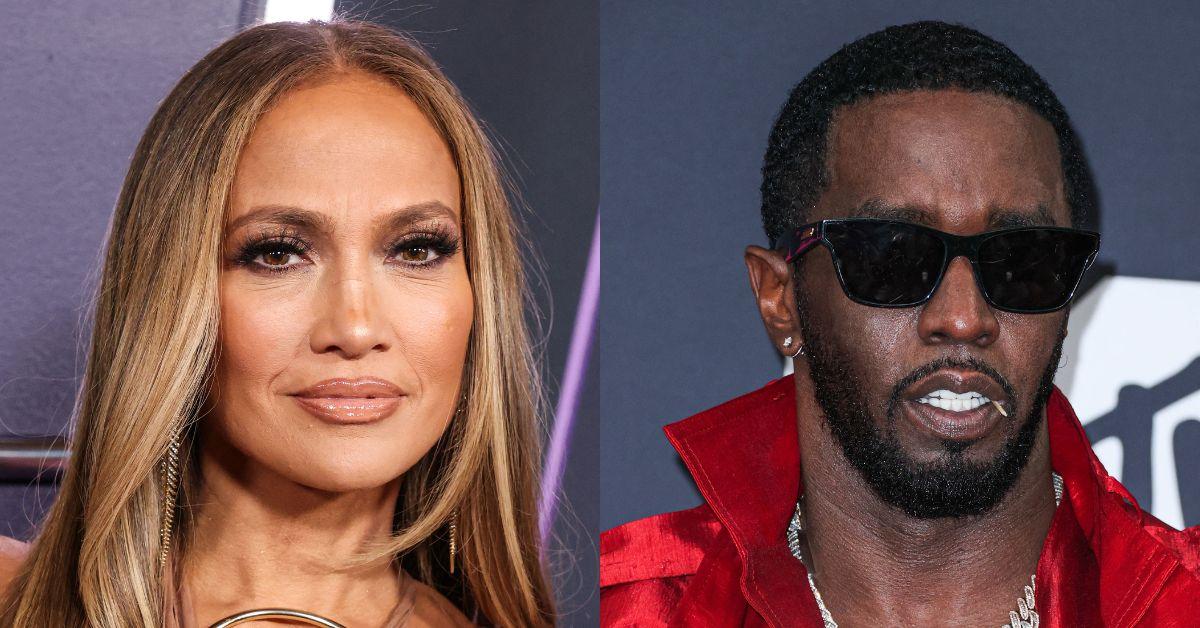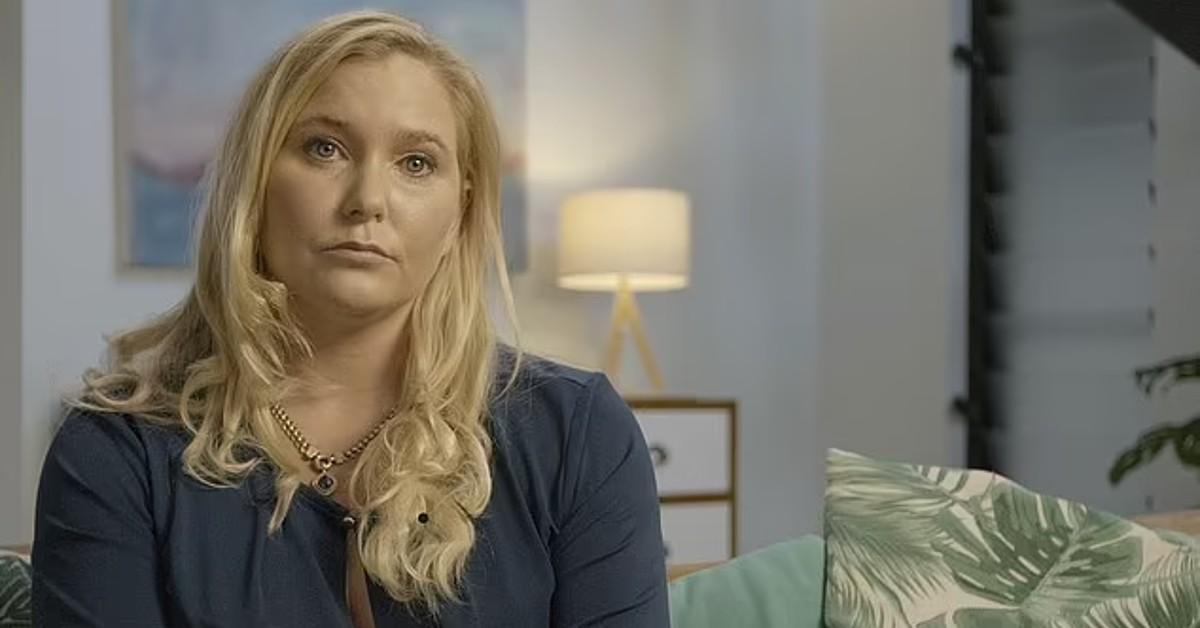Bill Cosby Files Appeal, Claims Testimony From 5 Assault Accusers Was ‘Erroneous’

June 25 2019, Published 6:41 p.m. ET
Bill Cosby is serving a three to 10 year sentence for the sexual assault and drugging of Andrea Constand. But the disgraced comedian refuses to remain behind bars, as he filed an appeal for a new trial.
In court papers obtained from Pennsylvania Superior Court, Cosby, 81, filed for an appeal on Tuesday, June 25.
As RadarOnline.com readers know, Constand reported Cosby to police in January 2005 for sexual assault. Bruce Castor, the District Attorney for Montgomery County at the time, declined to file charges against Cosby.
Constand filed a civil suit against Cosby less than a month later in March 2005. The civil suit was settled for $3.38 million in November 2006.
The Montgomery County District Attorney’s Office reopened the 2005 investigation. In November 2015, new DA Kevin Steele charged Cosby with Aggravated Indecent Assault.
In April 2018, the jury returned the verdict of guilty on all counts after a 2017 mistrial. He was found to be a sexually violent predator and was sentenced to three to 10 years in prison.
Cosby’s legal team claimed his conviction was “not based on any credible evidence that he actually committed the crimes for which he was on trial.”
His conviction is based on “flawed, erroneous and prejudicial rulings of the lower court which improperly allowed the following to be admitted at trial: Inflammatory evidence with no probative value to the actual crimes charged, which stripped Cosby of his presumption of innocence; and alleged civil deposition admissions of Cosby, which were admitted as evidence in violation of Cosby’s Fifth Amendment rights,” he alleged.
The lower court allowed him to be prosecuted even though the Commonwealth agreed that Cosby would never be prosecuted for the allegations involving the Complainant, the documents stated.
Former DA Castor agreed Cosby would not be prosecuted for the allegations, the papers claim. As a result, he testified at a civil deposition without asserting his Fifth Amendment right against self-incrimination. The lower court allowed Cosby’s civil deposition testimony to be used at trial against him.
The lower court’s decision to allow testimony from five other women other than Constand was “clearly erroneous and an abuse of discretion,” he claimed.
“This evidence was used to strip Cosby of his presumption of innocent and to try to establish that Cosby had the propensity to sexually assault women,” the court papers read. “This evidence never should have been admitted at trial.”
Cosby admitted to distributing Quaaludes to women in the 1970s. The evidence was not admissible, as it “had absolutely nothing to do with the crimes for which Cosby was on trial.”
In the appeal, Cosby testified at the depositions that the women took the Quaaludes voluntarily and that they knew what they were taking.
“Nothing presented reflects whether Cosby actually had sex with those other women and, if so, whether they are claiming that the sexual contact was non-consensual,” the court papers read.
The appeal request continued of having the five women testify in addition to Constand, “One cannot imagine more prejudicial testimony to incite an emotional reaction by a jury than to parade a stream of other women accusing Cosby of having inappropriate sexual contact with them, contact for which he was never charged, in a case involving allegations of sexual misconduct. This also left him in the position of having six trials in one. The highly prejudicial nature of this evidence was ignored by the lower court.

The appeal also asked for Cosby's sexual violent predator label to be overturned.
The actor’s legal team is asking the Honorable Court to reverse and award Cosby a new trial.


